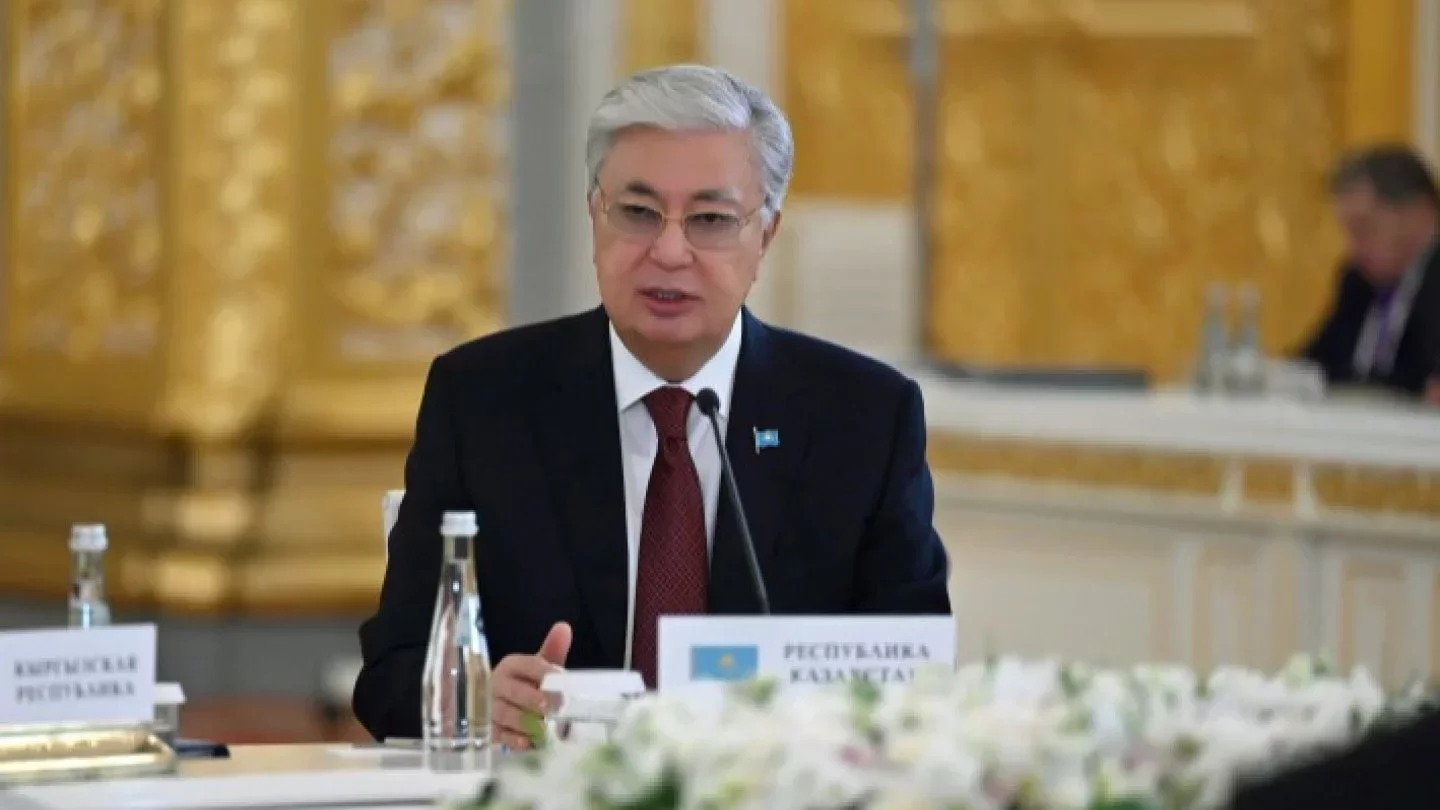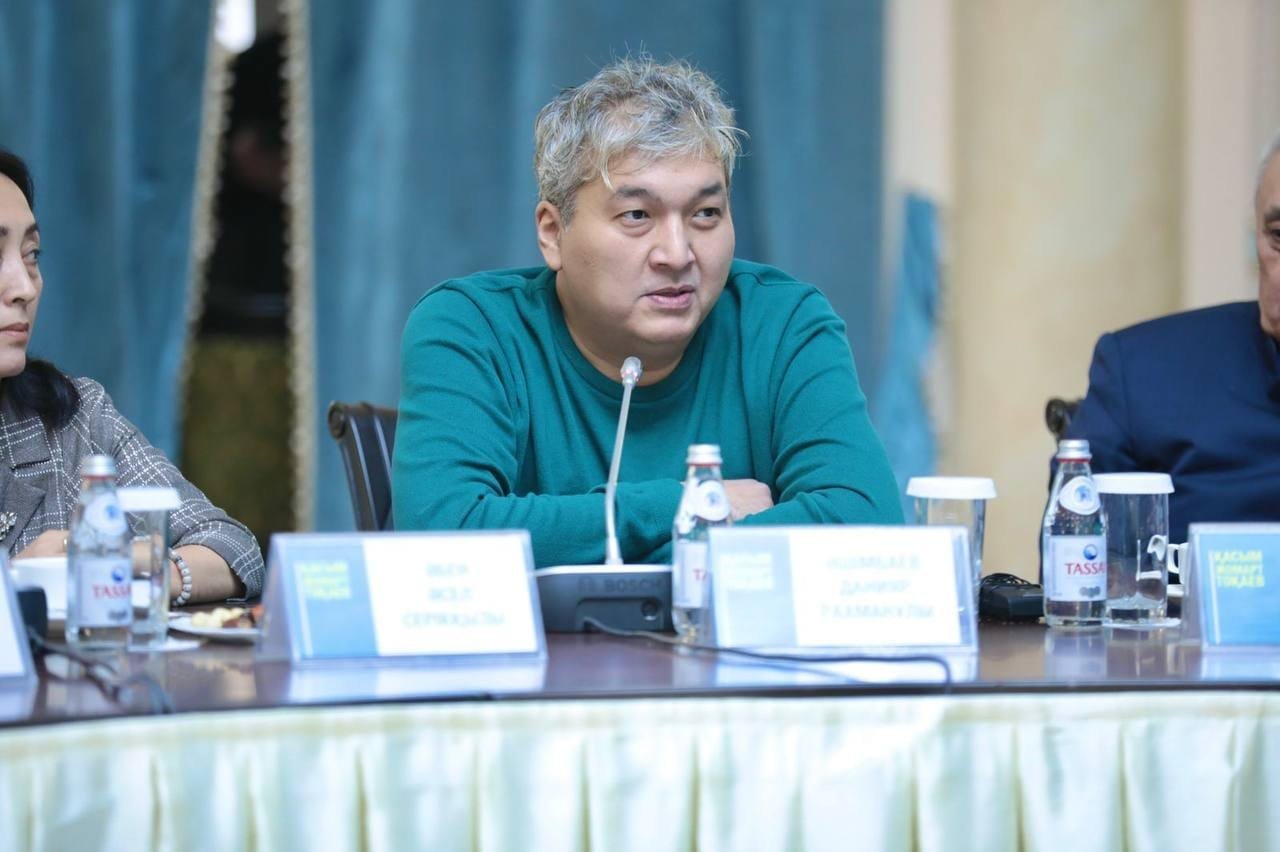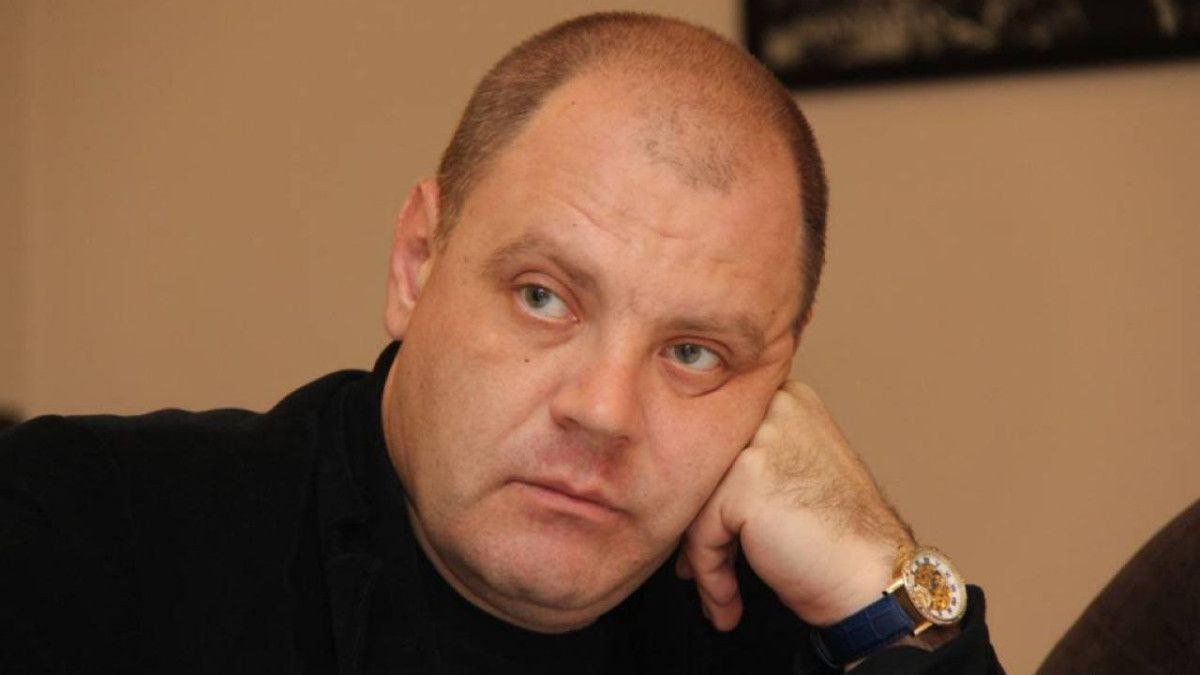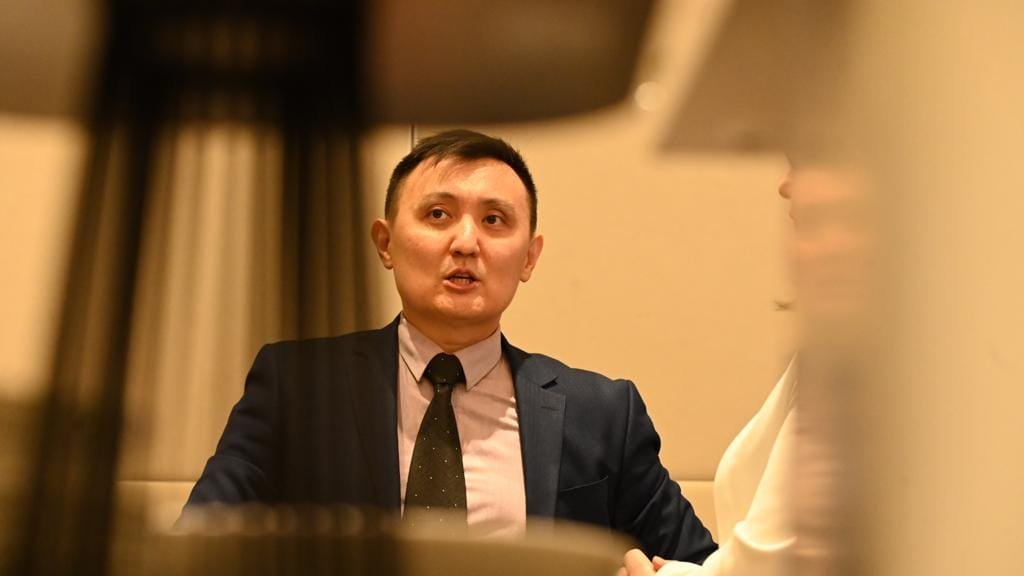BRICS: Kazakhstan's Decision Not to Join Explained
 Photo: Presidential Press Service
Photo: Presidential Press Service
Kazakhstan's decision not to join BRICS has caused a flurry of discussions among political scientists and experts. Orda.kz has put together a synopsis.
The BRICS summit has started in Kazan. President Qasym-Jomart Toqayev was invited to the event.
The President's press secretary, Berik Uali, previously stated that the country had received an offer to join BRICS but did not plan to apply in the foreseeable future. The Kazakh President will speak at the summit on October 24 in the "outreach" format.
Political scientist Anuar Bakhitkhanov believes joining BRICS could give Kazakhstan new opportunities for expanding economic cooperation.
Joining BRICS could open up new opportunities for Kazakhstan, especially in terms of economic cooperation with major players such as China and India, he explains.
However, Bakhitkhanov adds that the economic benefits of cooperation may not live up to expectations since the members are at different levels of development, and their coordination is not always effective.
A Balanced Approach
Kazakhstan's pragmatic foreign policy strategy explains its decision regarding BRICS. President Qasym-Jomart Toqayev promotes multi-vector cooperation and an independent foreign policy.
Political scientist Daniyar Ashimbayev believes that Kazakhstan is taking a cautious approach to new international associations, preferring to analyze their potential.
Let us note that some of our allies are somewhat forcing their plans. Thus, some Russian politicians and experts immediately condemned the statements of Aqorda. On the other hand, there is Ankara, which is sharply trying to force Turkic integration under its banners. There is also the West, interested if not in advancing its influence in all regions (especially with raw materials and developed logistics), then at least in destabilizing the Russian and Chinese rear, writes Ashimbayev.
Political scientist Eduard Poletaev also points out the lack of need to join BRICS.
Kazakhstan has abandoned the practice of joining international organizations for the sake of formal membership. It has a clear criterion - there must be specific benefits from multilateral cooperation. And it is possible to communicate with political leaders to find points of cooperation at any other venues, not excluding the same BRICS summit, where the head of state will be present as an invited guest, notes Poletaev.

Ashimbayev also emphasizes that Kazakhstan is already actively participating in other integration projects, such as the Eurasian Economic Union (EAEU), the Collective Security Treaty Organization (CSTO), and the Shanghai Cooperation Organization (SCO). This allows the country to maintain strong ties with key partners without joining new associations.
Anuar Bakhitkhanov believes that Kazakhstan has not declined to join the organization altogether; the country is considering all the positive and negative aspects.
There was no direct refusal, in fact. In my opinion, at this stage the country's leadership is assessing the situation and analyzing all the pros and cons. We have interests and obligations within other organizations, and for now the country is focused on strengthening its positions there. It is worth clearly understanding how beneficial this really is, the expert comments.
Coordination Complexity
Some experts also point to the lack of structure in BRICS. Political scientist Eduard Poletaev believes the organization lacks clear goals and principles.
With regard to BRICS, Aqorda wants to observe what this association will be like in the future. Qasym-Jomart Toqayev approached the issue quite carefully, outlining his position honestly and openly. For now, BRICS is a club of political leaders from different parts of the world without a charter or organizational outlines, says Poletaev.

Political scientist Gaziz Abishev shares his opinion, drawing attention to the lack of a formal charter and a common strategy.
Well, show me the BRICS charter, its governing bodies, a development strategy drawn up on paper. When all this appears, we will be able to seriously discuss what BRICS is and why it needs Kazakhstan, Abishev emphasizes.
Due to its geopolitical position, energy resources, and participation in integration projects, Kazakhstan is a logical candidate for expanding economic and diplomatic ties with BRICS. Bakhitkhanov also notes the importance of the charter, without which the country's conditions would remain unclear.
The emergence of a formalized charter could provide a clearer framework for discussion, and then Kazakhstan might reconsider its position if the conditions are favorable for the country, the expert explains.
Some experts still believe that Kazakhstan joining BRICS could strengthen its international authority, giving it new economic advantages.
However, according to Bakhitkhanov, membership will inevitably lead to new political and economic obligations, which could prove burdensome for Kazakhstan.
Kuat Dombay, director of the C+5 Center for Central Asian Studies, in an interview with Euronews, linked the refusal to join with the subsequent restrictions on the import of certain types of products from Kazakhstan to the Russian Federation.
Restrictions and bans on the import of crop products and wheat between Kazakhstan and Russia undoubtedly reflect the growing pressure on Kazakhstan, although this is not the first time. Previously, Russia has repeatedly imposed a ban on the transit of Kazakhstan's oil through the Novorossiysk seaport under various pretexts of technical failures at the terminal, which coincided with the situation of some acute issues in bilateral relations. Despite the fact that more than 80% of Kazakhstan's oil is exported to Europe through it, says the analyst.
At the same time, Kuat Dombay notes that the situation surrounding joining BRICS again pointed to the notable changes in recent years.
The war in Ukraine has critically shifted Astana's political and economic tilt from Moscow to Beijing over the past two years; China has become Kazakhstan and Uzbekistan's largest trading partner since last year, says the director of the C+5 Center for Central Asian Studies.
Some experts have suggested that the country's refusal to join BRICS may be the West's doing.
Abishev, meanwhile, disagrees, emphasizing Kazakhstan's sovereign right to make independent decisions.
The critics seem to imply that if someone from outside beckoned Kazakhstan with a finger to join BRICS, then Kazakhstan should immediately join, otherwise it will be seen as a hostile move. No, that won't do, blame someone else for the false sense of guilt. Kazakhstan has good relations with the main BRICS members, but exercises its right not to join the organization. This does not violate any obligations or interests, he says.

This is an attempt to portray everything in black and white: you have to accept the invitation to prove that you are a friend, and if you refuse, it means you have caved in to America. The option in which Kazakhstan prefers not to join for its own reasons is artificially excluded - and this is a critical error, Abishev sums up.
The BRICS summit in Kazan demonstrated that Kazakhstan continues to pursue an independent foreign policy despite pressure from the international community. President Toqayev also emphasized this.
Original Author: Alina Pak
Latest news
- The War in Iran Opens a Window of Opportunity for Kazakhstan’s Oil Sector, Analysts Say
- Iran Conflict Escalates Beyond the Gulf: What Kazakh Experts Say About Risks for Central Asia and Kazakhstan
- Kazakhstan Prepares Possible Evacuation of Its Citizens From Iran
- LRT in Astana Is Reaching the Finish Line: The Launch Is Expected in the Coming Months
- Kazakhstan Ready to Help the UAE Amid Escalation in the Region
- Tokayev Discusses Middle East Escalation With Qatar’s Emir
- Airlines Ready to Bring Kazakhstanis Home From the Middle East
- Tokayev Sends Support Messages to Gulf Leaders Amid Regional Escalation
- Kazakhstan Bans Its Airlines From Flying Over Several Middle East Countries
- Astana Strengthens Security Measures Amid Escalation Around Iran
- Tokayev Meets U.S. Ambassador Stufft, Discusses Board of Peace Cooperation
- Mangystau Launches AI-Assisted School Monitoring to Prevent Teen Suicidal Behavior
- Kazakhstan to Supply UK With Critical Minerals
- AI Faculties for Educators to Open in Kazakhstan: What Other Changes Are Coming to the Education Sector
- There Are Medals — But Not Enough Ice: What’s Happening to Figure Skating in Kazakhstan
- Is Kazakhstan’s Nuclear Power Plant Project at Risk After New UK Sanctions? Rosatom Responds
- Prosecutor General’s Office Suspends Extradition of Navalny Ex-Staffer Detained in Almaty
- Former EBRD Executive Jürgen Rigterink Elected as New Independent Director on Bank RBK’s Board of Directors
- Kazakhstan Near Bottom of Retirement Comfort Ranking
- Kazakhstan to Open New International Flights Across Asia, the Middle East and Europe

